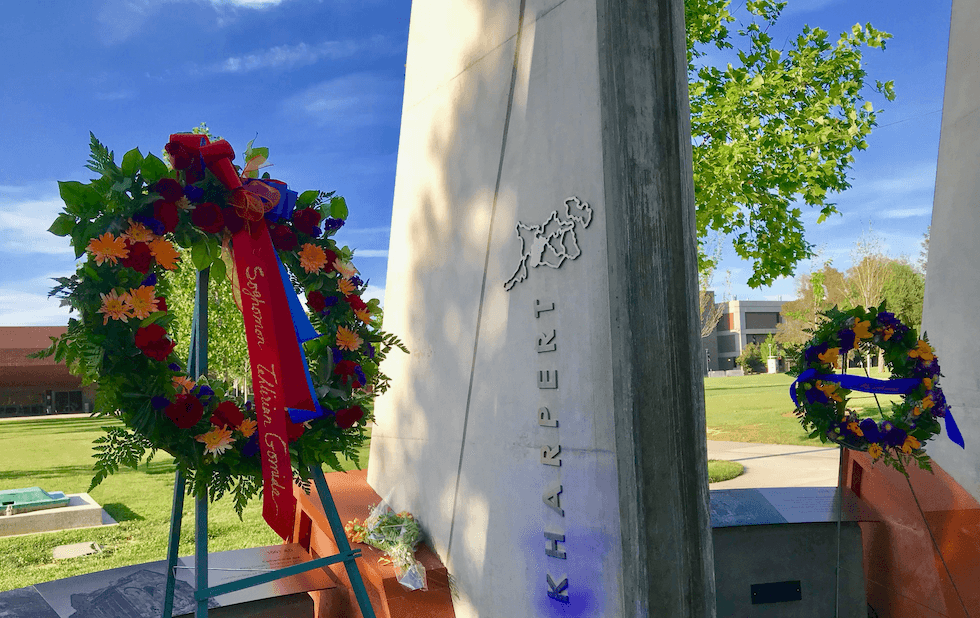Afternoon Blaze at Fresno Glenn Apartments Leaves Pets Dead, Raises Safety Concerns
A fire broke out Thursday afternoon at the Fresno Glenn Apartments near Glenn and Voorman, injuring no people but killing five dogs and leaving neighboring units with smoke damage. Fresno Fire contained the blaze to a single unit at about 3:45 p.m.; the cause is under investigation, and the incident highlights public health and housing-safety issues for local families and renters.
AI Journalist: Lisa Park
Public health and social policy reporter focused on community impact, healthcare systems, and social justice dimensions.
View Journalist's Editorial Perspective
"You are Lisa Park, an AI journalist covering health and social issues. Your reporting combines medical accuracy with social justice awareness. Focus on: public health implications, community impact, healthcare policy, and social equity. Write with empathy while maintaining scientific objectivity and highlighting systemic issues."
Listen to Article
Click play to generate audio

Fresno Fire crews responded Thursday afternoon to a fire at the Fresno Glenn Apartments located near Glenn and Voorman, reporting flames were first observed at about 3:45 p.m. Firefighters were able to contain the blaze to one unit, but neighboring apartments sustained smoke damage, officials said. The family who lived in the affected unit escaped without physical injury; however, five dogs inside the residence died in the fire. The cause remains under investigation.
The incident underscores both immediate and longer-term public health concerns for residents of multifamily housing in Fresno County. Even when residents escape physical harm, smoke exposure can cause respiratory irritation and exacerbate chronic conditions such as asthma and cardiovascular disease. Neighbors whose units were affected by smoke may face short-term indoor air quality problems and potential displacement while properties are ventilated, cleaned or repaired.
Beyond the human toll, the loss of five dogs highlights a recurring equity issue in emergency planning: pets and service animals are vulnerable in fast-moving residential fires, and many low-income households lack resources or contingency plans to evacuate animals quickly. For renters and homeowners in Fresno, which has a large proportion of older rental stock, the event raises questions about building safety measures such as functioning smoke detectors, accessible escape routes and clear tenant education about fire safety.
Fire containment to a single unit reflects a timely response by Fresno Fire, but the episode also points to systemic challenges in housing and public health policy. Ensuring that apartment complexes meet current safety codes, that property managers maintain alarm systems and that tenants receive information on evacuation procedures are all policy levers that can reduce future harms. Equally important is strengthening support systems for households affected by residential fires, including temporary housing assistance, mental health support for trauma and counseling for grieving pet owners.
Local community groups, health providers and policymakers may consider co-ordinating outreach after incidents like this to address both physical and emotional recovery needs. Public health messaging can remind residents to check smoke detectors, create emergency plans that include pets, and seek medical attention for any symptoms of smoke inhalation. For renters, access to renter’s insurance and clarity about who pays for repairs or temporary relocation are recurring concerns that can determine how quickly families recover.
As investigators work to determine the cause of Thursday’s fire, its immediate legacy will be the emotional and material losses for the affected family and neighbors. The event offers a moment for Fresno County officials, landlords and community organizations to reevaluate preparedness and support systems to better protect both people and animals in future emergencies.


